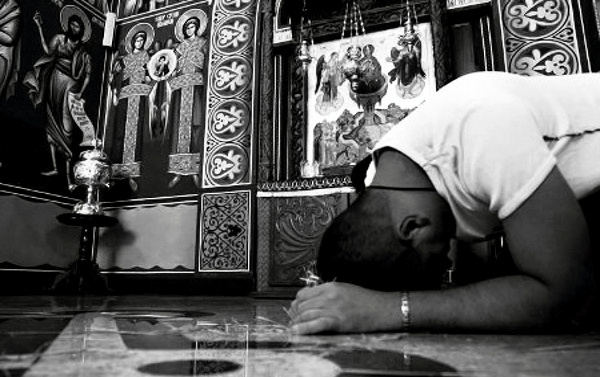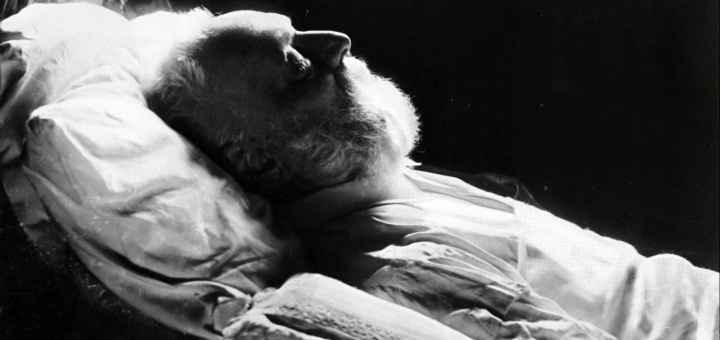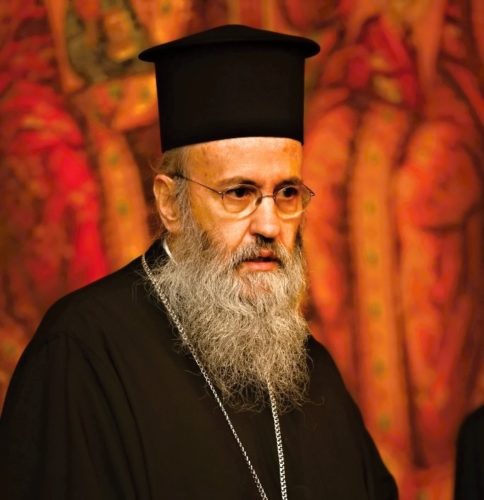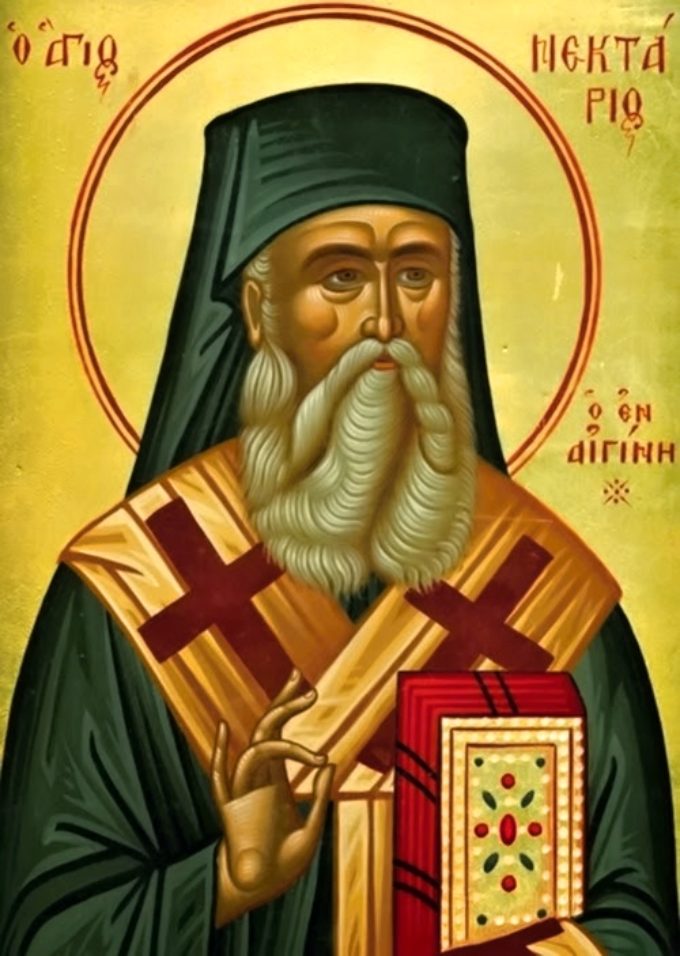Archimandrite Ephrem Philoteos
`Let my prayer be counted as incense before you`
A prayer like this is impossible to remain unheard. But our prayers – and especially mines – are unanswered. Why? Because when we pray our mind is not present.
A pagan priest said to some monks:
`When you pray to your God, does He answer?`
`No`, said the monks.
`My god answers to me. If he doesn’t answer it means that you have bad thoughts.`
`It’s true` answered the monks.
Of course who answered to him was the devil but the monks saw that he said the truth. When we pray our mind wanders all over and we don’t know what to say. And as long as we don’t understand how can God understand our prayer?
That is why when we pray it is necessary to become aware of our sinfulness and make it be a true feeling and come before God with humbleness and broken heart. And our heart feels our sinfulness then the wandering of our thoughts cease. The cease of this wandering will create the disposition for a focused prayer. Then our words will have echo.
As we see at the publican and the Pharisee.
The Pharisee prayed more than the publican and said: `I fast, I give alms…` and all the rest but I am not like this unjust publican who commits evil deeds [1] The Pharisee considered himself just because he apparently did good deeds. He fasted, kept vigils, gave alms, prayed at the corners of the streets where he raised his hands up, washed his hands before eating and did all the things commanded by the Law and believed according to his conscience that he was all right.
The publican did not pray much. What did he say? `God, have mercy on me the sinner!` He did not say many things but what did his prayer have? It had something special. What was that? He admitted that he was a publican, a sinner. The publicans were considered unjust at that time and sinful, unworthy, because they robbed. As a consequence the poor publican felt his own injustice. How could he raise his poor head and say: `I give alms from everything I have, I fast two times a week and do so many good deeds and so on?`
This one seeing himself in the darkness of injustice and sin fell down to earth and he did not dare to raise his eyes because he considered himself as the lowest man of all, the greatest sinner.
However this bending of his neck caused by the fact that he did not dare to look up was already a prayer which shook the throne of divine mercy.
And the publican went out justified and the Pharisee condemned.
This humbleness, this bending of the head, the shame he felt, the reproof of consciousness contributed to the fact that he went home justified, forgiven by God.
Especially this parable of the publican gives us a lesson, enlighten our path, gives us the opportunity to meditate, to see how it is heard the prayer of the one who prays. Let us examine ourselves and see: when we prayed and our mind wandered all over the world and we did not understand at all what we said did we feel any change? We felt dryness as if we had not prayed. This was the answer we received. We experienced this from practice. But when we pray like the publican on our knees with tears, humbleness and self knowledge we should be convinced that our prayers will receive an answer.
[1] Luke 18, 9-14.
Excerpt from the book The Art of Salvation to be published at Evanghelismos.






